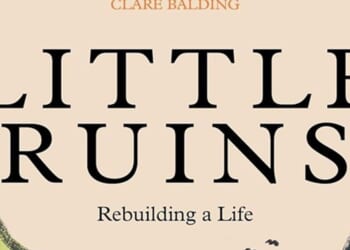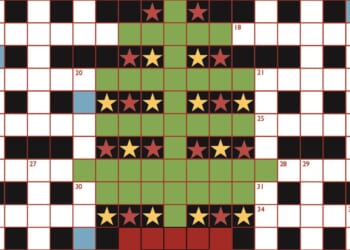VATICAN CITY (LifeSiteNews) — Pope Leo XIV reiterated the Church’s condemnation of usury while meeting with members of Italy’s National Anti-Usury Council on Saturday.
During the October 18 address to the Anti-Usury Council, the pontiff strongly condemned the practice of usury as a “grave sin” that “corrupts the human heart,” emphasizing that it ultimately enslaves the most vulnerable of the population. Usury, or the practice of charging excessive interest rates on loans, has been consistently condemned by the Church.
“The phenomenon of usury points to the corruption of the human heart. It is a painful and ancient story, already attested to in the Bible,” Leo noted.
“How far God is from the attitude that crushes people to the point of enslaving them!” the pontiff added. “It is a grave sin, at times very grave, because it cannot be reduced to a mere accounting issue; usury can bring crisis to families, it can wear down the mind and heart to the point of leading people to think of suicide as the only way out.”
This morning Pope Leo XIV denounced the practice of usury as a “grave sin” that destroys lives, families, and societies:
“The phenomenon of usury evokes the theme of the corruption of the human heart. It is a painful and ancient story, already attested in the Bible. The… pic.twitter.com/CwK9nTh3bv
— Catholic Sat (@CatholicSat) October 18, 2025
The Holy Father stressed that one of the worst aspects of usury is that lenders often purport to be helping the most vulnerable individuals, only for the increased debt to worsen their “suffocating burden.”
“There is a form of usury that apparently seems to want to help those in financial difficulty, but which soon reveals itself for what it is: a suffocating burden. The consequences are paid especially by fragile people, such as those who are victims of gambling,” the pope said. “However, it also affects those who have to face difficult moments, such as for instance extraordinary medical treatment or unexpected expenses beyond their means or those of their families. What first presents itself as a helping hand in reality becomes, in the long run, a torment.”
The pontiff continued:
Unfortunately, usurious financial systems can bring entire peoples to their knees. Similarly, we cannot overlook ‘those whose usurious and avaricious dealings lead to the hunger and death of their brethren in the human family’ (Catechism of the Catholic Church, no. 2269): their responsibilities are grave and they fuel structures of iniquitous sin.
The Catholic Church has consistently taught that usury is a mortal sin. In addition to the Catechism, as Pope Leo cited, several saints have made strong statements on usury.
READ: Usury is a mortal sin. Today it rules the Western world
St. Thomas Aquinas argued in the Summa Theologica that charging interest is like selling the use of money separately from the money itself. He reasoned that money, as part of the inanimate, unproductive order, should not generate further money through interest, but rather be used only for productive purposes. Catholic historian Hilaire Belloc similarly defined usury as “any interest, however low, demanded for an unproductive loan.”
Usury is considered one of the biggest issues affecting vulnerable people across the globe. Americans alone collectively owe more than $930 billion in credit card debt, an all-time high. The average interest rate for credit cards in the U.S. is a whopping 21.5 percent.
In 2023, Dr. Levi Russell, a professor at the University of Kansas School of Business who also runs the Leonine Institute for Catholic Social Teaching, spoke about his efforts to help pay off debts for the American people as an act of charity. Russell told LifeSiteNews that “usury is one of the most pernicious evils that Catholic Social Teaching can address.”
READ: In debt and need help? This Catholic nonprofit is for you
The professor further stressed that he hopes the Institute will raise enough funds so it can help alleviate “onerous debt for those least able to service it.”
To learn more about the Leonine Institute and its debt-relief program, click HERE.

















